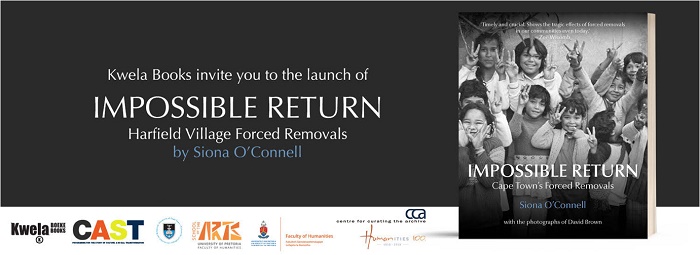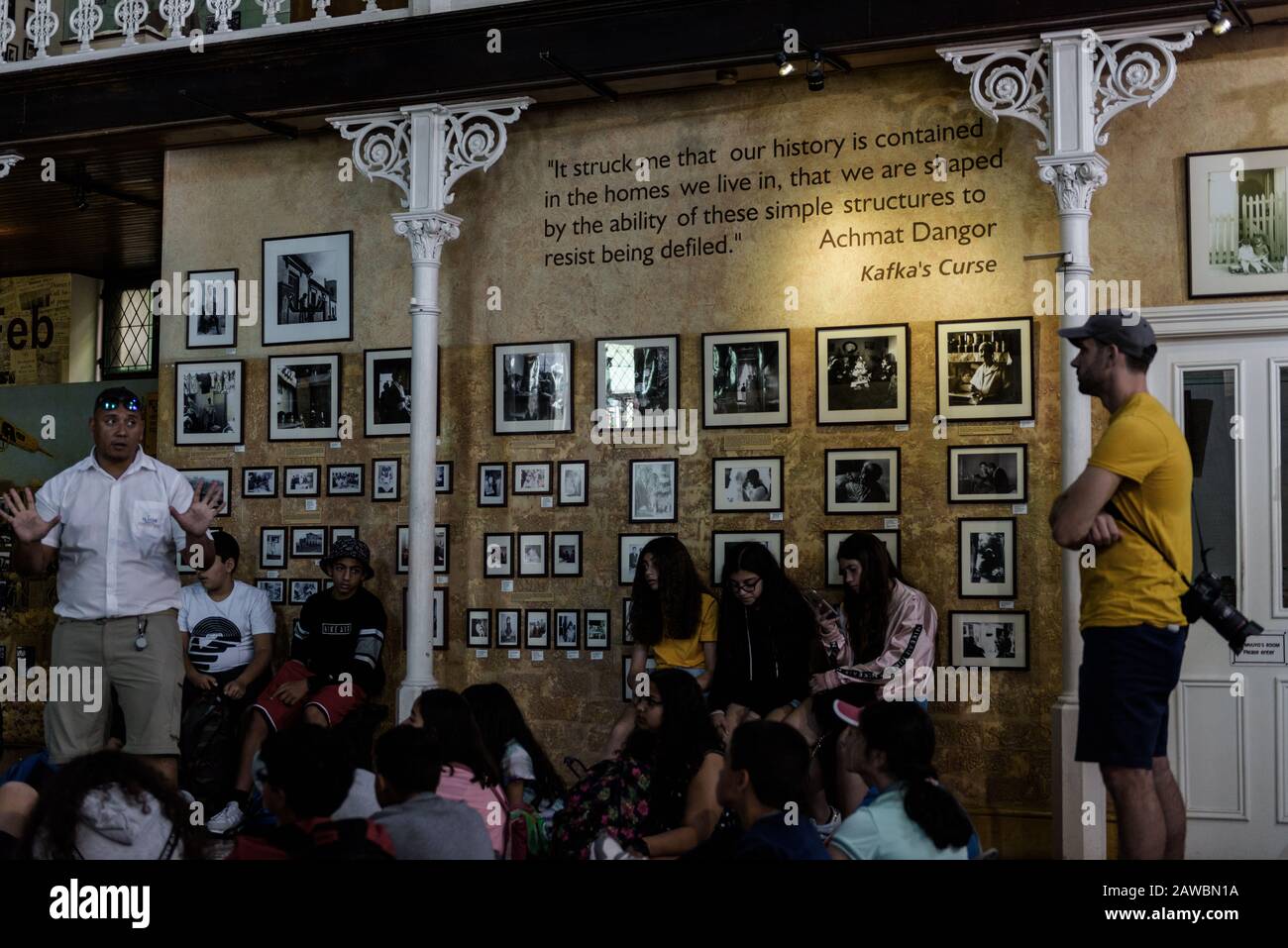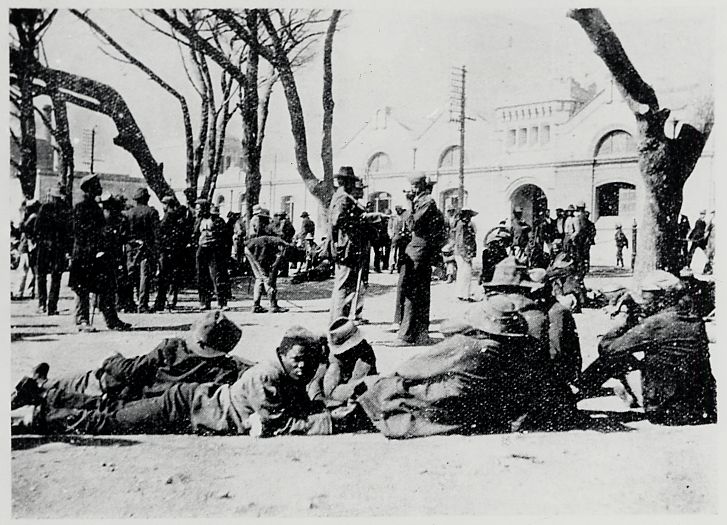Real learning comes from experience. This statement holds true for a variety of reasons, which will be discussed in this essay.
First and foremost, experience allows for the opportunity to apply knowledge in a practical setting. When we learn something in a classroom or through reading, it is often theoretical and may not necessarily be applicable to real life situations. However, when we have the opportunity to actually try something out and see the results firsthand, we can better understand the concepts and how they can be applied. This hands-on approach to learning allows us to see the direct consequences of our actions and understand the cause and effect relationship.
In addition, experience allows for the opportunity to learn from mistakes. While making mistakes can be frustrating, they provide valuable learning opportunities. When we make a mistake, we have the chance to reflect on what went wrong and how we can do things differently in the future. This process helps us to not only understand the material better, but also helps us to develop problem-solving and critical thinking skills.
Furthermore, experience allows for the opportunity to learn from others. When we are immersed in a new environment or situation, we have the chance to observe and learn from those who have more experience or expertise than us. This can be especially useful when learning a new skill or trying to solve a complex problem. By watching and learning from others, we can gain insights and perspectives that we may not have considered on our own.
Lastly, experience allows for the opportunity to learn through exploration and discovery. When we are given the freedom to explore and discover new things on our own, we are able to learn at our own pace and in a way that is most meaningful to us. This type of learning can be especially rewarding as it allows us to take ownership of our own learning and feel a sense of accomplishment and satisfaction.
In conclusion, real learning comes from experience. Through practical application, the opportunity to learn from mistakes, the chance to learn from others, and the ability to explore and discover, we are able to fully understand and retain new information. As such, it is important to seek out new experiences and challenges in order to continue learning and growing throughout our lives.
Forced Removals shatter South African Communities

During the forced removals, her family was allocated to MA1, a two bedroom house with kitchen and seating room in Nduli. It allowed the white-dominated government to proclaim an urban district to be a white area. The entire area was replaced with a new Afrikaner suburb that the authorities christened Triomf, the Afrikaans word for "triumph. They frequently visited each other and were invited to important ceremonies and rituals and shared a common language, Afrikaans. Post 1994 policies, legislature and funding seek to redress these economic imbalances and injustices. In western Tigray, Amhara fighters have conducted mass arrests and loaded thousands of ethnic Tigrayan civilians onto trucks before sending them east of the Tekeze River, according to two residents and two internal reports prepared by aid groups seen by Reuters.
Forced Removal of Native Americans
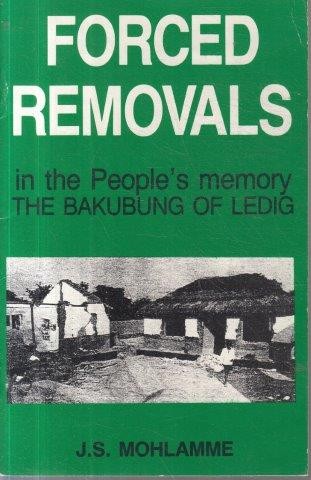
The surplus people: forced removals in South Africa. The muscles, not spontaneously moved but moved, by a low usurping wilfulness, grow tight about the outline of the face, with the most disagreeable sensation. No matter what your opinion of these settlements, they are inhabited by human beings and as they become settled they bring in animals to stave off starvation, usually chickens and rabbits for that purpose and cats to keep vermin at bay and dogs for companionship, protection and security. Infrastructure in Nduli quickly developed and by 1975 there were 15 hostels, 24 houses, 2 halls, 1 school, 1 beer hall, 1 mortuary, 1 laundry and 1 private hostel, which totalled to 47 units. Ben Maclennan, The Cordoned Heart, UCT Digital Collections.
Lenapehoking: The History of Lenape Forced Removals

Ever since the start of the conflict in November 2020, human rights violations by all sides, including extra-judicial killings, raping and looting, have been documented by U. South Africa: Overcoming Apartheid. Egter die middag na sluiting teen ongeveer tussen 4uur en half vyf,het my tante in wie se klas ek was,my egter meegedeel dat ek saam met haar moet huis toe gaan. Legislation such as the 1920 Native Affairs Act, the 1924 Class Areas Bill, the 1934 Slums Act and many more, led up to the eventual enforcement of separate 'Group Areas' from 1950 onward, resulting in mass evictions and forced removals. The people doing the forced removals do refer to these communities with group anonymity and anonymity makes the use of indifference and cruelty far easier.
South Africa Under Apartheid: Forced removals
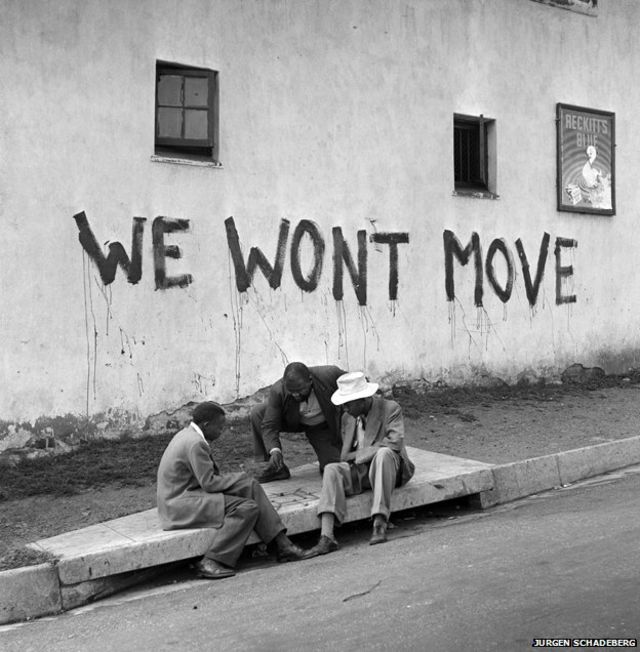
During the 1960s, 1970s and early 1980s, the government implemented a policy of 'resettlement', to force people to move to their designated "group areas". Die gebeure het hom afgespeel in gietende reen. By the 1980s, popular resistance to removals was widespread, and government plans to remove up to two million more people were never carried out. In areas like the Free State Black people were coerced to accept labour tenancy over cash. In doing so they are trying to promote social cohesion, unity and thereby improving the lives of people in Nduli, Rooikamp and the whole of Ceres.

